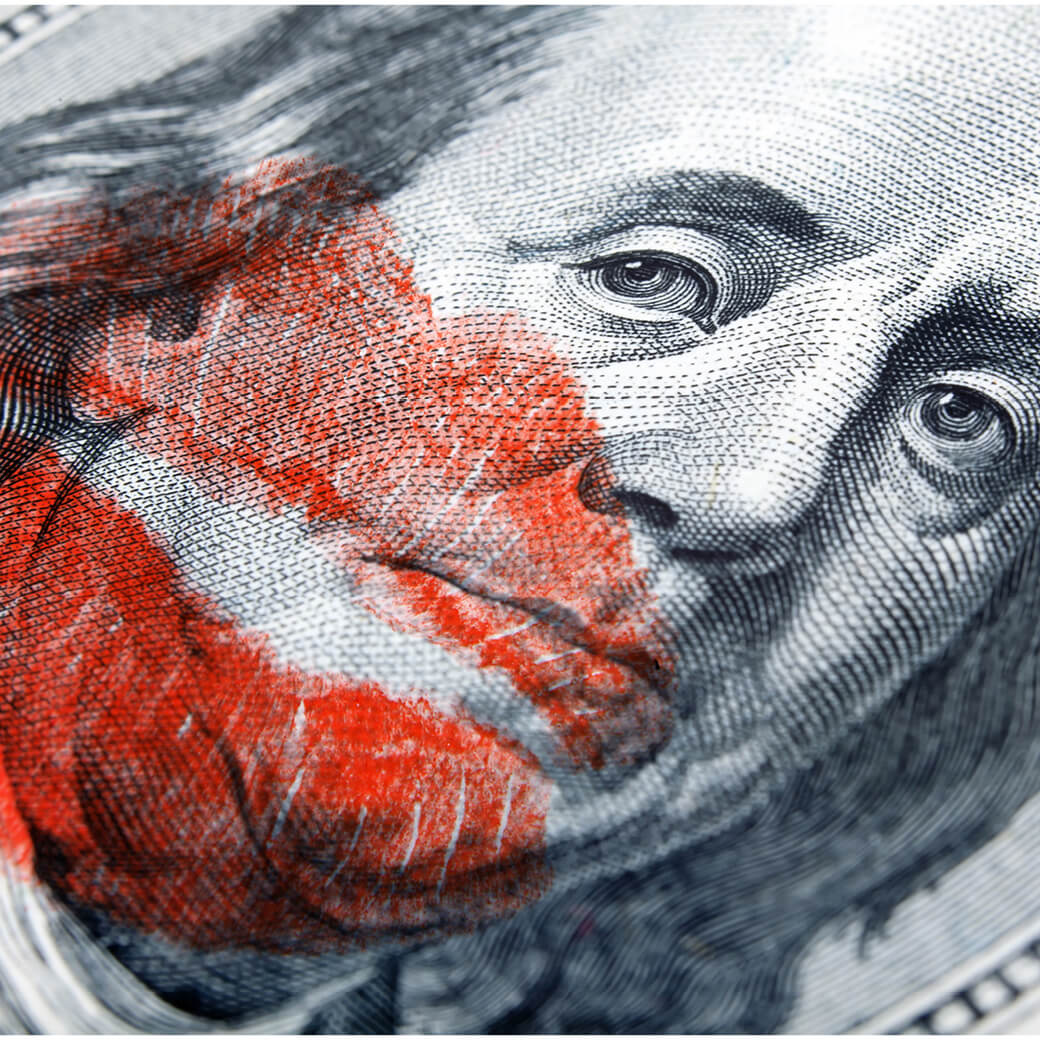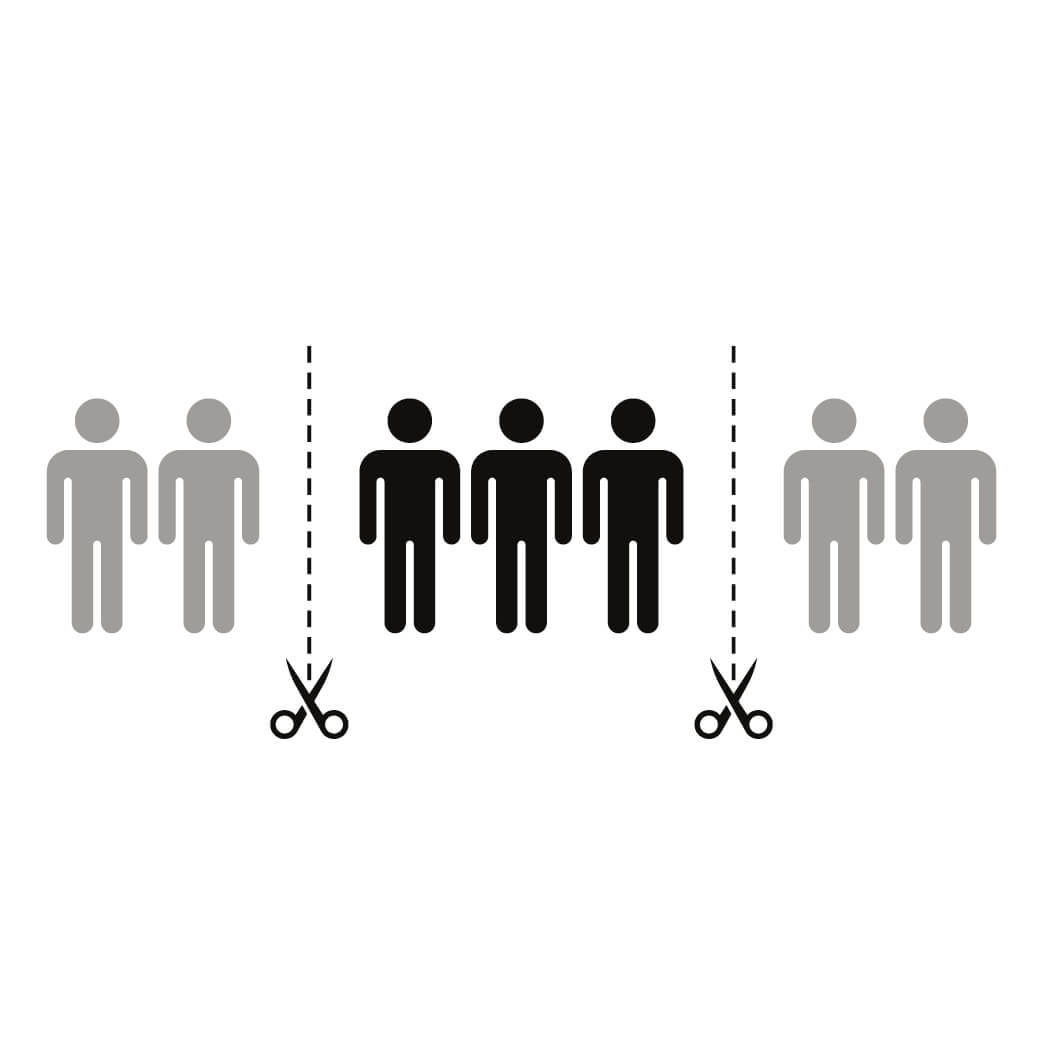
I was with my son in Washington, DC for the week of July 4. (Everyone should go and see those fireworks at least once.) At one point we went to catch the Metro and found that our tickets would not work at the gate. After chatting with the station manager we discerned that the magnet on my billfold had demagnetized the ticket. (His guess on that was quick enough that I guess it is a rather common occurrence. Maybe a warning Metro?) I asked what I could do. He said I could get a refund on the tickets if I either: a) mailed them with a letter of explanation to an address he did not have, or b) took them to Metro HQ in downtown Washington, DC. While purchasing replacement tickets, I pointed out to my son that there were 10 machines beside us ready to take our money but in order to get any of it back we were being asked to jump through serious hoops.
Now much like my travails with the Apple lightning charger "screw-our-customers-switcheroo" it is unlikely I will stop using Metro over this issue. (See nose/face spite.) But they have put a new negative opinion of themselves in my mind. And when the time comes that I have a no-loss choice to make between them and something else, this opinion will weigh in.
For years I spoke of this theory to the "schoolyard bullies" from the Washington Post as they told me what the new ridiculous annual rate increase for auto advertising was going to be. They laughed. Then along came Craigslist and the Post found out that investing in customer loyalty would have been a good thing. So ask the same questions of your own company. How easy is it for your customers to deal with you when things are not going well? Friendships born in the crucible of fire are quite often the strongest.

When humans face true cataclysm, we pull together. When it’s about money and power, not so much.

When people see public health messages directed at them, they are very aware that others can see them also and it can trigger concern of how other people in the community now think about them.
People seek to have power over their own lives. Teens, adults, older adults – everyone. What happens when they feel powerless? What happens when you or your communications make them feel they have less power?
The way we talk to others demand that they accept an identity for themselves, and sets up a particular relational dynamic. If we're not careful, that identity can be stigmatizing or turn away the very people we're trying to help.
Get the latest posts and updates delivered to your inbox.